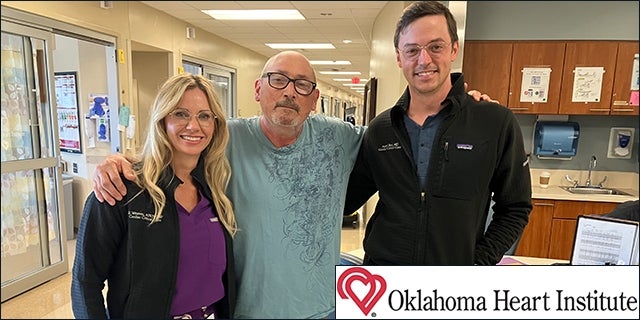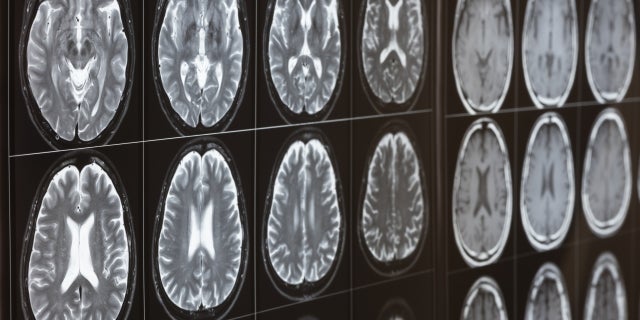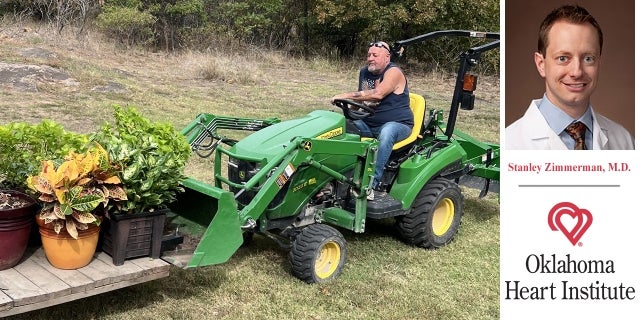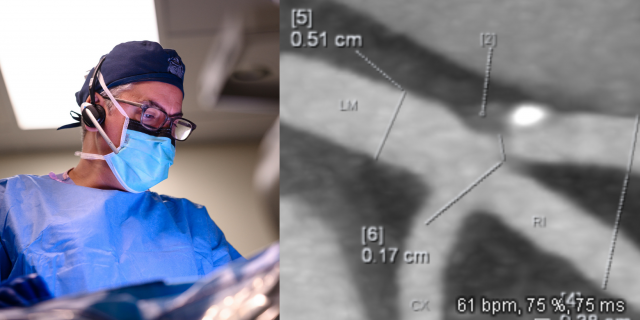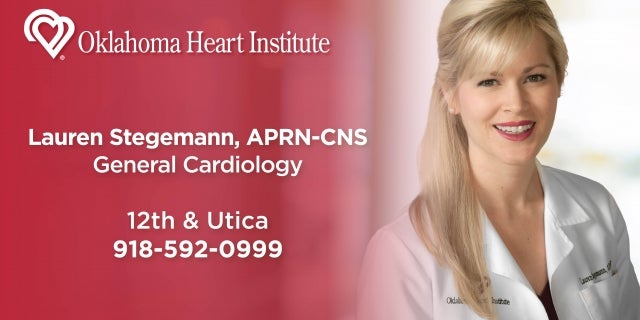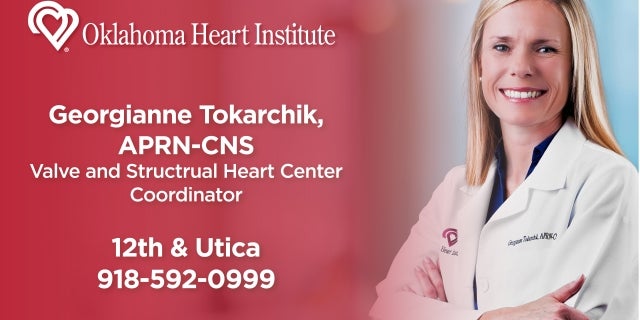For Kathleen Marshall, life has always had a rhythm, and that rhythm was dance. Whether it was a ballroom waltz, a lively salsa or just spinning around the kitchen with her boyfriend, dance was her passion. Marshall’s infectious energy and love for movement made her the heart of every party.
“It keeps you young!” said Marshall. At 73 years old, she found herself dancing several times a week around Tulsa. But that dancing slowed down and eventually came to a halt early in 2024, as her atrial fibrillation symptoms worsened.
The Battle with AFib
Marshall began... Read More »


